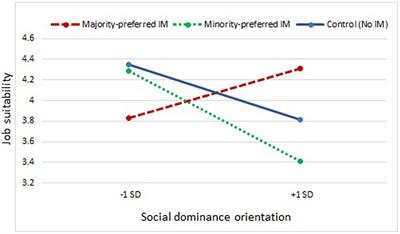EDITORIAL
Published on 28 Jul 2017
Editorial: Impression Management and Faking in Job Interviews
doi 10.3389/fpsyg.2017.01294
- 13,660 views
- 9 citations
18k
Total downloads
110k
Total views and downloads
You will be redirected to our submission process.
EDITORIAL
Published on 28 Jul 2017
ORIGINAL RESEARCH
Published on 29 May 2017

ORIGINAL RESEARCH
Published on 16 May 2017

ORIGINAL RESEARCH
Published on 10 May 2017

HYPOTHESIS AND THEORY
Published on 15 Feb 2017

ORIGINAL RESEARCH
Published on 01 Feb 2017

ORIGINAL RESEARCH
Published on 24 Jan 2017

ORIGINAL RESEARCH
Published on 15 Nov 2016

